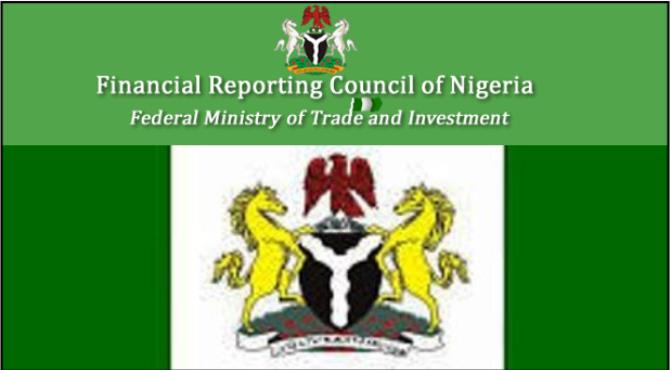It’s more than a year since the Code of Conduct issued by the Financial Reporting Council of Nigeria has been active. The code which was promulgated to harmonize several codes of conducts across various sectors to cut across companies in the public sector, private sector (including small businesses) and non-governmental organizations. Public sector in this parlance means government establishments while the private sector refers to either privately owned company or publicly owned companies.
Although the code has met with several controversies as it overlaps with already existing codes and the principal law regulating companies, the code tried to take care of through the harmonization.
It is however too early to say for certain what the final position will be as the matter is still being decided by the court, here are some points on the code for the private sector to note on the introduction of the code pending final determination from the courts.
- Appointment of Directors: The code’s regulation on the appointment of company directors is that all directors are to disclose other directorships in other companies whether current appointments or potential appointments. So, also there is the provision that no more than two members of a family can sit on the board of the same company at the same time with a clear distinction of the chairman of the board of directors and the chief executive officer, the latter compulsorily being an executive director and the former being a non-executive director.
- Independence of non-executive directors: The code has in a bid to ensure the effectiveness of the board and absence of bias in decision making require that non-executive directors are totally independent of the company. Criteria such as not being a substantial shareholder or employee of the company are used to measure independence.
- On members of regulatory bodies: The code forbids anybody who has been worked in a regulatory agency from sitting on the board of any company within three years of leaving the regulatory body. This apparently is to prevent undue advantage and conflict of interests.
- Office Tenure for directors: The code has required that executive directors cannot hold office as directors for more than ten years. That is not more than two five year terms. The same also applies to non-executive directors. However, the tenure for non-executive directors is four years to the maximum of three terms.
- Minority shareholder protection: Although minority shareholders are adequately protected by the Companies and Allied Matters Act, the main law governing companies in Nigeria, the code has gone further to fortify the protection by making sure that minority shareholders can submit agendas for company meetings.
- Company Audits: The code requires that external auditors of a company cannot be engaged for more than ten continuous years and cannot be eligible for reappointment until after seven years after the ten-year compulsory term. While the code also precludes external auditors from rendering financial related services like tax consultancy and investment consultancy, the partners of the audit firm are expected to be rotated every five years.
On the other part for internal auditors, every company is mandated to set up an internal audit unit who will report to the audit committee prescribed by law on level of compliance of the company financial management.
- Whistle-blowing Policy: The code in a bid to expose corrupt practices has mandated all companies to have a whistle-blowing policy. This is expected to facilitate the exposure of corrupt practices within a company’s management. The policy is expected to afford whistle-blowers confidentiality and protection and also compensation in the case of any harm suffered by a whistle-blower in any act of whistle-blowing.

